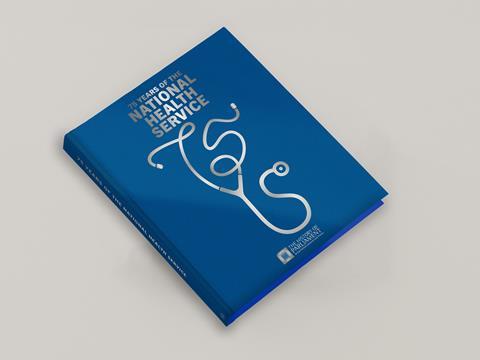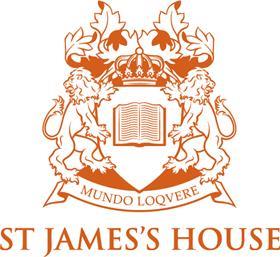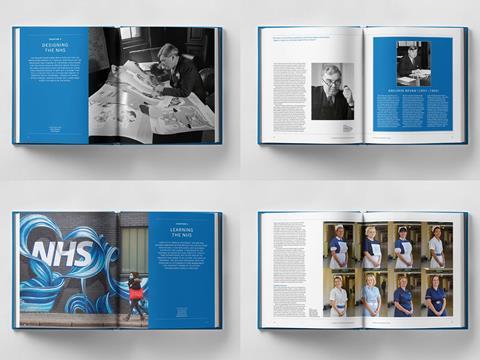Understanding the origins of the NHS can help shed light on the challenges it now faces, as a new book on the history of the service – on offer to HSJ readers – goes to show.

“The most civilised step any country had ever taken.” That is how the founder of the NHS, Aneurin Bevan, described the birth of the service to its first-ever patient, Sylvia Beckingham, in 1948. “Mr Bevan asked me if I understood the significance of the occasion,” she later recalled, “and told me that it was a milestone in history.”
Sponsored by
That milestone was celebrated up and down the country last year in honour of the NHS’s 75th birthday. It also prompted publisher St James’s House and The History of Parliament Trust, one of the UK’s most authoritative academic projects, to publish 75 Years of the National Health Service, a definitive account of the service’s story.
As the new book highlights, many of the issues that surrounded the planning, launch, and early years of the NHS still resonate and drive the healthcare debate to this day. Perennial challenges such as addressing the volume of demand for healthcare on a national scale and establishing the service’s funding model were the subject of intense discussion during the NHS’s formative years.
The introduction of prescription fees
Following the launch of a free, universal health service, it was not just the Treasury ministers who suspected that the nationalisation of healthcare had released a backlog of demand: even the service’s most ardent supporters expressed concerns about the level of expenditure. After just a year of operation, Mr Bevan was reported as saying, “I shudder to think of the ceaseless cascade of medicine which is pouring down British throats.”
Prior to its unveiling, it was unclear how much the NHS would cost to run. Official estimates ranged between £108m and £134m a year. The final 1948-49 figure amounted to £272m and, contrary to Mr Bevan’s assumption that costs would naturally plateau as the population’s health improved, the demand showed no sign of abating.
Today, against a backdrop of funding cuts, public support for the founding principles of the NHS and those who work within it remains firm but satisfaction with the service is the lowest it has been in years. It is interesting to note, then, that newspaper reports and social surveys from the late 1940s and early 1950s found that members of the public were generally relaxed about the introduction of fees, influenced by the service’s spiralling costs and a belief in the widespread abuse of the system.
A one-shilling prescription charge was introduced in 1952 and was met with mixed reactions. One anonymous general practitioner in West Lothian, Scotland, was quoted by a local paper as considering “the shilling charge will make those who use the service on every trifling occasion think twice”, while another, Dr WN Leak, attempted to pass a motion against prescription fees at the British Medical Association’s annual conference, calling it “a retrograde step that the profession should oppose with all the means in its power”.
Charges and prescription fees have remained a feature of the service in England ever since, only being temporarily abolished for a period of three years between 1965-68. From one shilling, the prescription fee has risen above inflation to its current rate of £9.65 and contributes roughly the same amount of money now (around 0.4 per cent) to NHS funds as it did in 1952.

Putting the present into perspective
Combining archive materials, political commentary, and the first-person accounts of patients, practitioners, and policymakers, 75 Years of the National Health Service helps put the issues surrounding the health service’s complex and often vigorously contested past, such as fees and funding, into historical context. It also examines the wider healthcare landscape, highlighting present-day examples of achievement and progress in areas such as medicine, technology, facilities, training, and workforce management among others.
“This book charts the history of the provision of healthcare in Britain, from the early Middle Ages to the present day,” says Lord Norton of Louth, chair of the History of Parliament Trust. “On the one hand, it focuses on the politics of healthcare: how health services in Britain have developed through politicians grappling with the challenges of disease and deprivation. On the other, it gives a sense of the experience of developing and running the National Health Service, from its beginnings to the present.”
As he concludes: “It shows how that history has shaped its current form and structure and provides a context for understanding some of the many challenges that continue to face the service today.”
Book offer
Click here to order your free hardback copy of 75 Years of the National Health Service (only £9.99 payable for delivery) or to download a free e-book version of the publication. For enquiries, please email publishing@stjamess.org.

























